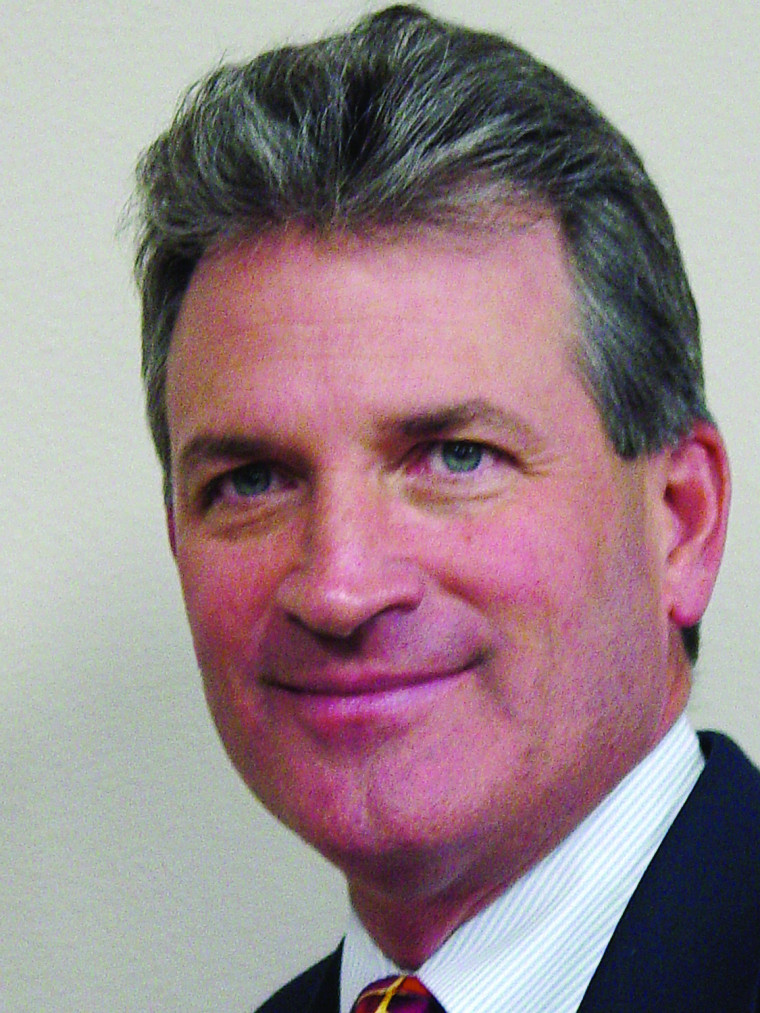Focusing on Fish, Wildlife, and People
Open gallery

“We could solve a lot of problems in the Northwest if we had more salmon,” says Roy Elicker, director of the Oregon Department of Fish and Wildlife (ODFW).
Every spring and fall, waves of salmon swim up the Columbia River to spawn. Elicker strives to protect, enhance, and balance their biological and habitat needs with those of other fish and wildlife–while also keeping in mind the needs of people.
In mid-August, his department closed the Columbia River fall fishing season early because of complex interspecies-impact issues.
“Closing early affects a lot of people–motel, dock, and gasoline station owners and employees–and, of course, vacationers,” he says. It’s just one example of the many difficult decisions Elicker faces on the job.
Elicker has worked for ODFW since 1993, including two stints as acting director, before taking the helm in August 2007. He manages one of the five largest fish and wildlife agencies in the United States, with approximately a thousand employees and a budget of $261 million.
Planning for his dream job began at an early age.
As a young teen in the mid-1960s, he roamed throughout the wilds of central New Jersey, hunting and fishing and stoking his passion for the great outdoors. Following advice he read in wildlife and outdoor magazines, he decided to make a living doing what he loves.
Before heading to Lewis & Clark Law School in 1979, Elicker was already working in the fish and wildlife field in New Jersey. A professor at Rutgers University, where he was pursuing a master’s degree in wildlife biology, convinced him that a law degree would open doors for him.
“Making the tough decision to leave what I was doing and attend law school was a career-defining moment for me,” he says. “That training was priceless. It’s why I’m the director today.”
Understanding the nuances of state and federal laws helps him craft department policies and handle legal issues.
“When I sit down with lawyers, I have the background to ask the right questions and the insight to know how potential lawsuits might impact the department,” he says.
Another constant is budget planning. In January, ODFW will ask the Oregon State Legislature to increase fees for hunting and fishing licenses, a request Elicker doesn’t take lightly. About one-third of his budget comes from these fees. But as recreational opportunities expand each year, the number of anglers and hunters declines, putting pressure on Elicker’s budget.
His goal is to find an equitable way to apportion costs.
“The impacts of what we do go far beyond hunting and fishing,” he says. “We deal with broader issues like wind power, energy development, and water quality and quantity.”
He also wants to foster a more diverse workforce in the department and continue to present training opportunities for a staff he calls incredibly competent and committed.
“I love this job,” says Elicker. “I interact with many different types of people in some of the most beautiful areas in Oregon.”
–by Pattie Pace
More L&C Magazine Stories
Lewis & Clark Magazine is located in McAfee on the Undergraduate Campus.
MSC: 19
email magazine@lclark.edu
voice 503-768-7970
fax 503-768-7969
The L&C Magazine staff welcomes letters and emails from readers about topics covered in the magazine. Correspondence must include your name and location and may be edited.
Lewis & Clark Magazine
Lewis & Clark
615 S. Palatine Hill Road MSC 19
Portland OR 97219

